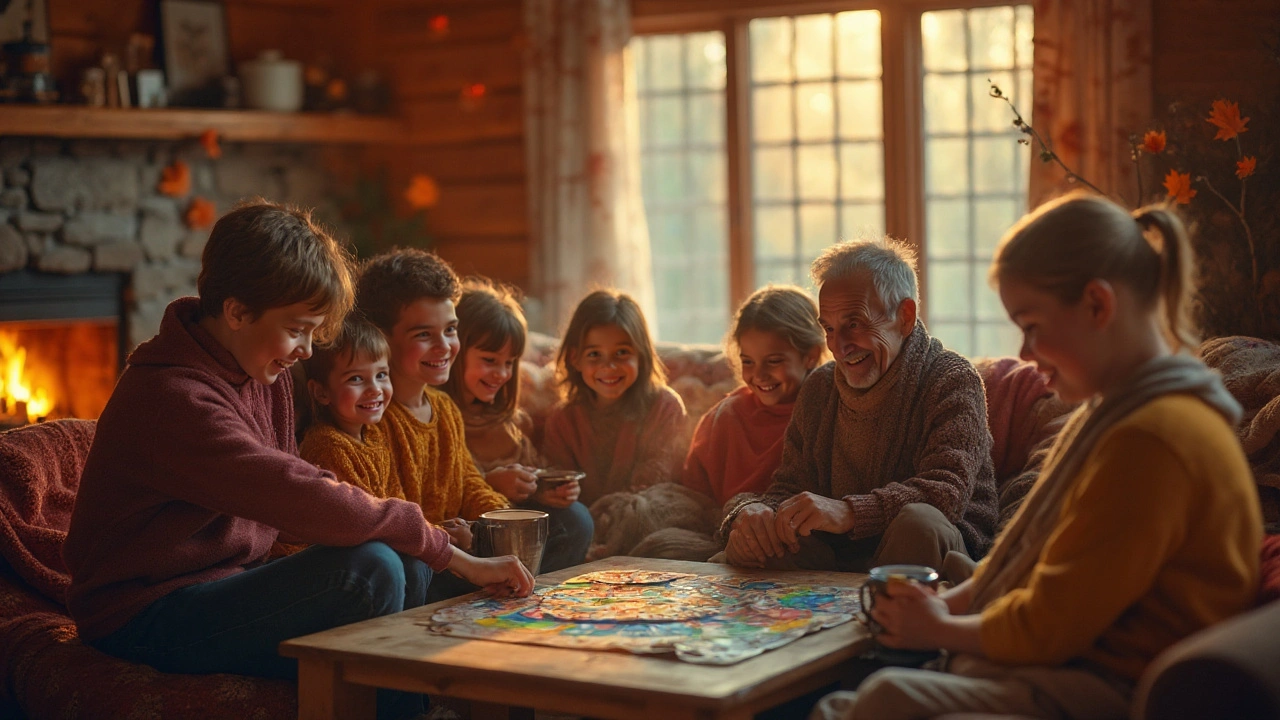Social Interaction Dementia
When talking about Social Interaction Dementia, the study of how social engagement influences dementia progression and quality of life. Also known as social engagement and dementia, it sits at the crossroads of Dementia, a decline in memory and thinking skills severe enough to interfere with daily life and Social Interaction, any purposeful exchange between people that can boost mood, cognition, and brain plasticity. The central idea is simple: staying connected can slow the pace of cognitive decline. Research shows that regular conversation, group activities, or even brief phone calls can lower the risk of neuropsychiatric symptoms such as agitation or depression. In other words, social interaction dementia encompasses the link between everyday relationships and the biology of memory loss.
Why Caregiver Support Matters
One of the most powerful related entities is Caregiver Support, the set of practical, emotional, and educational resources that help families look after someone with dementia. Effective caregiver support mitigates cognitive decline by creating structured social routines—daily walks, shared meals, or simple memory games. When caregivers understand how to foster positive social interaction, they can reduce isolation, which is a known accelerator of memory loss. This relationship forms a semantic triple: Caregiver support influences social interaction, which affects dementia progression. Practical tips include setting up weekly video calls, involving the person in community hobbies, and using reminder apps to keep social plans on track. By viewing caregiver support as an active tool rather than a passive duty, families can turn social interaction into a therapeutic daily habit.
Another key player is Cognitive Decline, the measurable loss of mental functions such as memory, attention, and executive planning. Social interaction acts as a buffer; studies reveal that people who maintain strong social networks experience slower rates of decline compared to those who feel isolated. This creates the triple: Cognitive decline is moderated by social interaction, which is enhanced through caregiver-supported activities. Whether it’s a neighborhood book club, a virtual game night, or simply sharing a story from the past, each interaction lights up brain pathways that might otherwise dim. Below you’ll find a curated collection of articles that dive deeper into these connections—offering real‑world strategies, medication insights, and lifestyle advice to help you turn social moments into a powerful ally against dementia.

How Social Interaction Helps Manage Alzheimer’s Dementia
Explore how social interaction reduces cognitive decline, boosts quality of life, and supports caregivers in managing Alzheimer’s dementia.
Read more